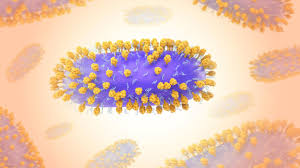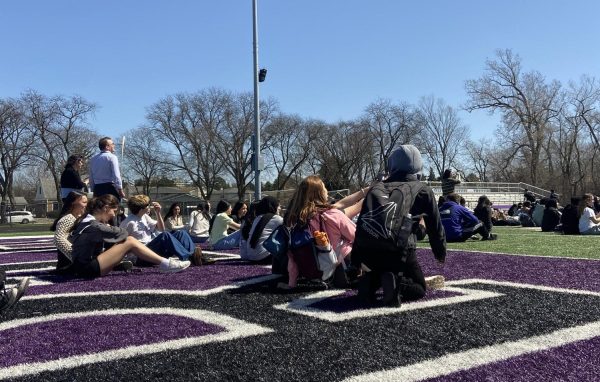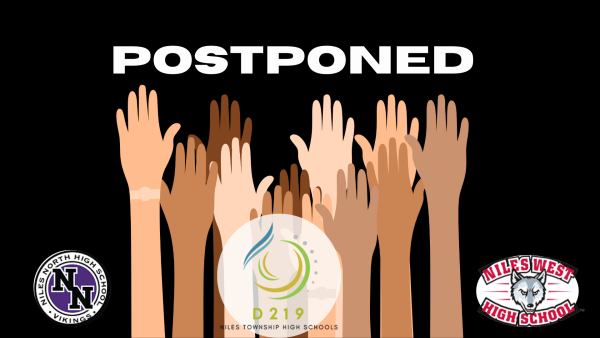Highly contagious Respiratory Syncytial Virus sees unprecedented spike

Credited to: UChicago
The highly contagious RSV, or Respiratory Syncytial Virus is a lung infection that mimics cold-like symptoms including congestion, sore throat, sneezing, and headaches and the potentially dangerous illness is seeing an unprecedented spike.
Following the removal of COVID precautions a “tripledemic“ has occurred. Influenza and COVID-19 are also running rampant due to the season and increased contact. The spread of illness would leave a terrible impact on our community, and the ramification have already begun.
“I got a cold right before a huge performance and it was really stressful,” senior Michelle Bandura said. “I had a cold that turned into laryngitis, and I was worried I couldn’t perform. This Christmas I was supposed to visit family but now we can’t because of the COVID conditions, it’s been a rough season.”
I got a cold right before a huge performance and it was really stressful. I had a cold that turned into laryngitis, and I was worried I couldn’t perform. This Christmas I was supposed to visit family but now we can’t because of the COVID conditions, it’s been a rough season.
— Senior Michelle Bandura
This has led to the strong presence of three separate (and potentially dangerous) viruses that could lead to hospitalization, slamming local hospitals and testing clinics. RSV is common in infants and the Mayo Clinic cites most will have the virus before 2 years old.
Infants born during the quarantine were protected from these viruses, specifically RSV due to the heightened safety measures, now that those children have reentered schools and daycares they are experiencing dangerous exposure to illness and bacteria. Hospitals are slammed with infants and toddlers with severe and potentially life threatening cases as the illness lowers oxygen levels and could possibly lead to bronchitis or pneumonia.
Severe symptoms of RSV include fever, wheezing, and rapid breathing but those at the highest risk are people over 65, and those under 6 months.
“People infected with RSV are usually contagious for 3 to 8 days and may become contagious a day or two before they start showing signs of illness,” the CDC said. “However, some infants, and people with weakened immune systems, can continue to spread the virus even after they stop showing symptoms, for as long as 4 weeks.”
The virus can spread from any contact with an infected person; sneezing, handshakes, and coughs are all examples of things to avoid. The virus can also live on objects for hours, but can easily be avoided by frequent hand-washing, cleanliness, and avoiding sharing drinks or glasses, see this information and more prevention methods at the Mayo Clinic.
One of the most neglected and most effective interventions however is wiping down surfaces and objects, a practice that was extremely common at the beginning of the pandemic. Staying safe this season has become increasingly difficult but never impossible. Taking the quickest precautions to protect your loved ones and yourself can help to stop the spread of disease.

Jordan is currently a senior at Niles North. She is on the Thespian Board and Viking Voice.






